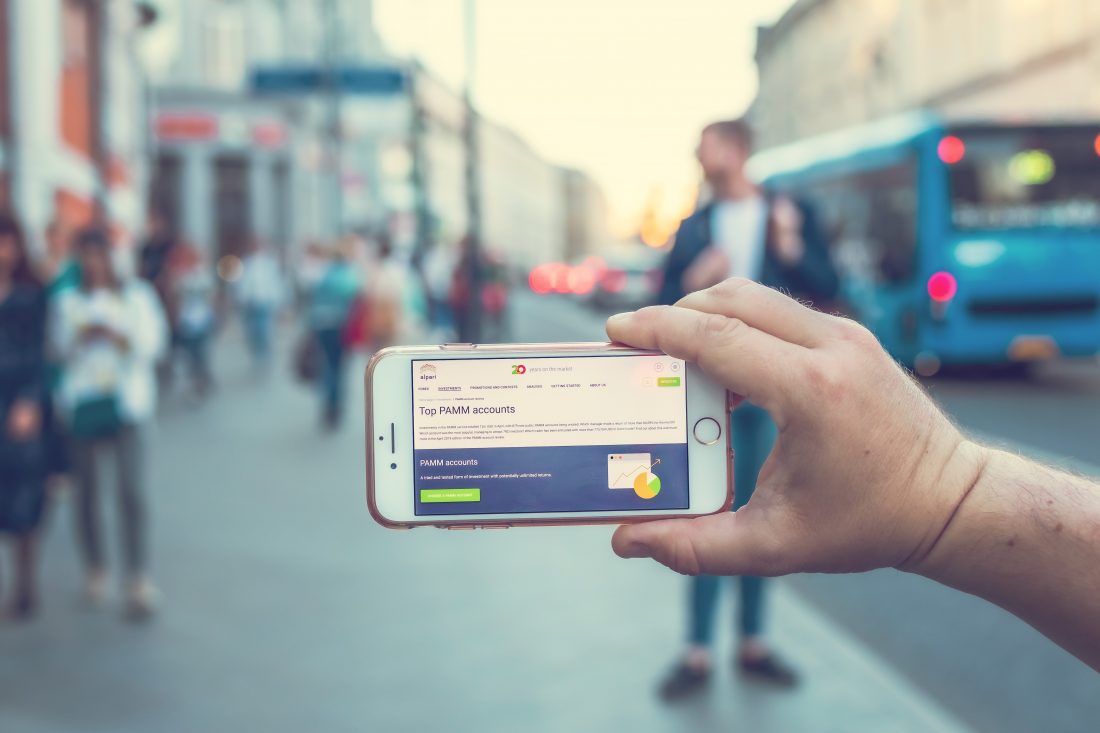Is the tourism industry ready for AI?
Artificial Intelligence (AI) is impacting almost every sector, and tourism is no different. But is the industry ready for it? Last year’s NTG Research found that the sector is already facing a skills gap around AI and data analytics and this gap will only grow as technology continues to develop.
But the term ‘artificial intelligence’ is a very broad one and can mean different things in different contexts. So what will AI mean in practice for the tourism sector? Where will we see it being used, and what does that mean in terms of the types of skills the sector will require?
Data analytics
Data analytics or ‘big data’ has already had a profound impact on almost every customer-facing sector, and tourism is no exception. It is revolutionising how businesses analyse and understand trends as well as the way that individuals plan and book their travel and other activities. It impacts customer analysis, pricing strategies, customer satisfaction analysis and online user experience as well as being fundamental to market research and strategic marketing activities.
For frontline staff, one of the key benefits of having better information is that they will know their customers better and can become more customer focussed. Monitoring customer reviews and social media comments for example, can give a business insight into what they are doing right and where things are going wrong. The critical thing is to act on that insight and make the necessary changes at the customer interface level.
While large businesses in the sector are in a position to build data analytics teams, hire specialists and make big investments in technology and IT, this is obviously not the case for smaller businesses. Nevertheless, the questions that AI is helping big companies answer are the same ones that every business in the sector should be asking themselves. Who are our customers? How do we connect with them? What do they want? How can we improve what we offer them?
So for smaller operators, the challenge is how they can use more accessible, off-the-shelf technology to answer these and to help them improve their customer experience, predict future demand, tailor their pricing strategies and target their marketing more accurately. Software such as customer information analysis tools, destination management and management information systems will become increasingly accessible to smaller operators with the skills to make use of them. However, as last year’s NGT research found, this will require a significant upskilling around areas such as data analytics and business intelligence, which are recognised as areas with the biggest skills gaps.
Customer experience and AI
Most big data tools stay in the background, but what about applications that impact customers directly? The online booking platforms that started to shake up the industry more than a decade ago are now complex data analysis platforms using sophisticated tools to understand the needs, budget, and preferences of individual clients. They can be used to make informed suggestions about destinations and experiences and provide personalised itineraries.
What we will see in future, however, is the increasing integration of chatbots in customer-facing systems, helping to make bookings and information enquiries faster and more efficient. Chatbots are AI-based apps that can have conversations with humans and so can serve as 24/7 customer care specialists dealing with information requests such as suggesting entertainment venues, restaurants or transport options at a destination.
But far from being a threat to customer-facing staff, chatbots can free them up from time-consuming routine queries and let them deal with more complex problems. This echoes what last year’s NTG research found: the flip-side of an increasingly digital world is that face-to-face interpersonal skills will become more relevant, not less, meaning that this will remain an important focus for skills development in future, whatever tomorrow’s technology might bring.
Augmented & virtual reality
Augmented reality (AR) is technology that can change someone’s perception of their physical surroundings by overlaying digital components when seen through a particular device. Virtual reality is a digital recreation of a real life setting – it is the ‘visit before you travel’ technology that enables virtual tours of a hotel, resort, or destination. Both are real game-changers for the visitor economy.
AR tools are already widespread, with many attractions and destinations offering interactive guides and games that can transmit information to people’s phones. Another recent development is ‘push’ technology that lets operators send information to users’ mobile devices at the moment they are most relevant i.e. sending a menu and discount voucher to someone standing in front of a particular restaurant.
In light of all this technological innovation now and into the future, it will become more important than ever that visitor attraction and destination management businesses understand how immersive technology can bring to life the experiences they offer, and how they might use these technologies. But the fact that more than six out of 10 (62%) of visitor attractions and three-quarters (77%) of destination management businesses in the UK[1] already offer digital skills training to their employees; and that they acknowledge they will need to invest more in developing skills around digital hardware, AR and AI in future suggests that the industry is on the right track.
Follow the efforts of the Next Tourism Generation via our website, Facebook, Twitter | #NTGskillsalliance or via LinkedIn
[1] https://nexttourismgeneration.eu/wp-content/uploads/2019/07/Country-Survey-Report-UK.pdf




No Comments